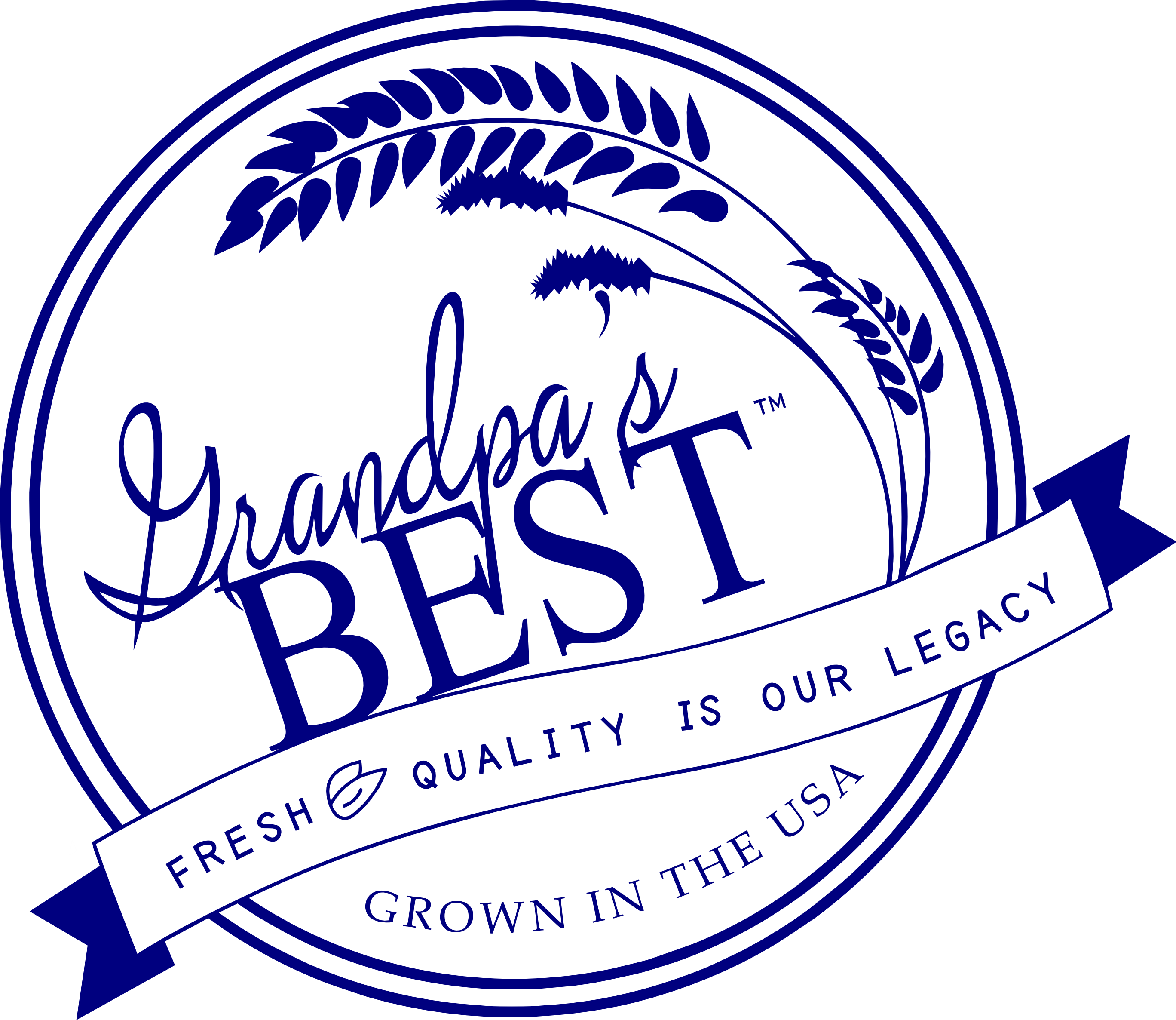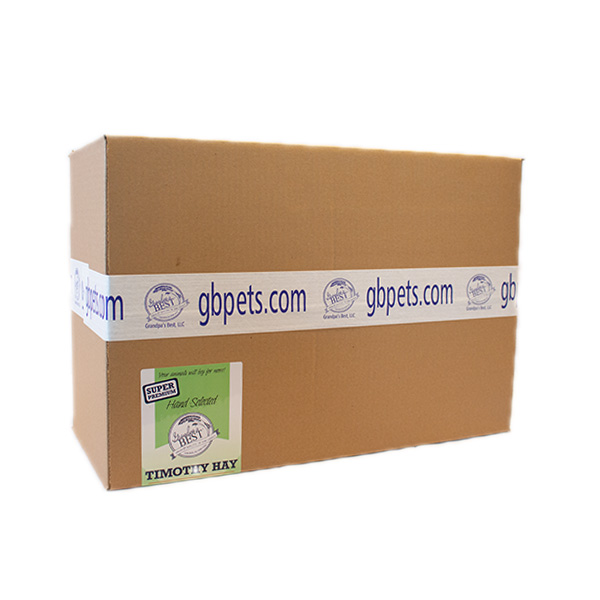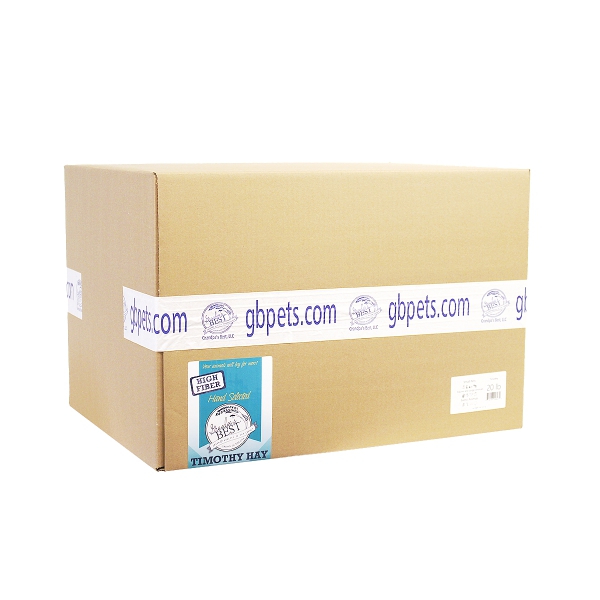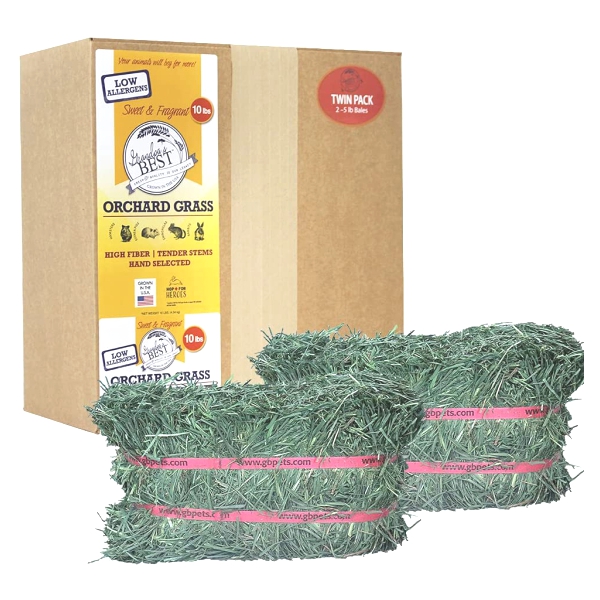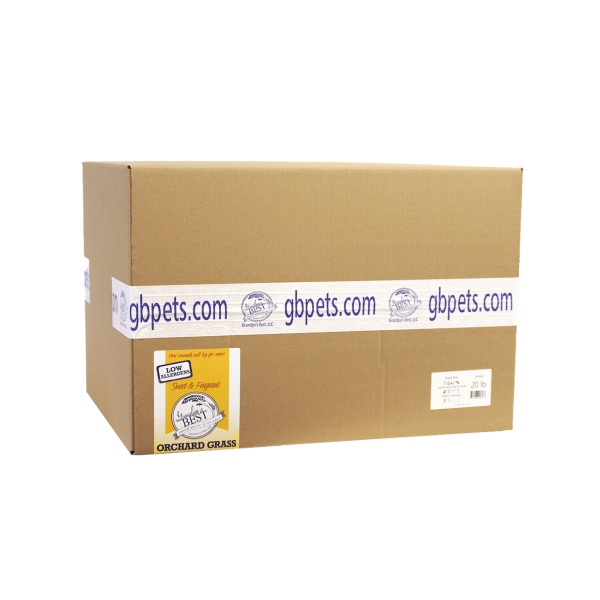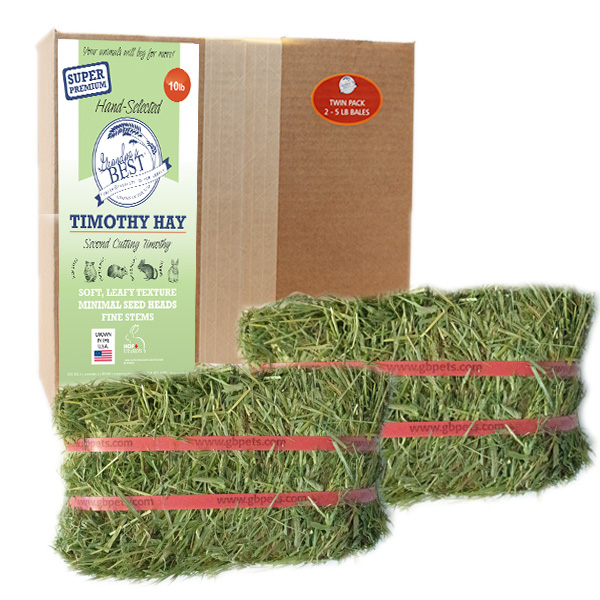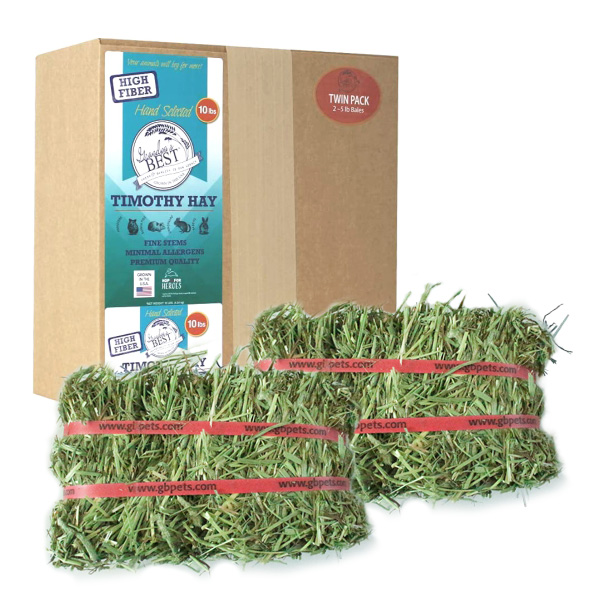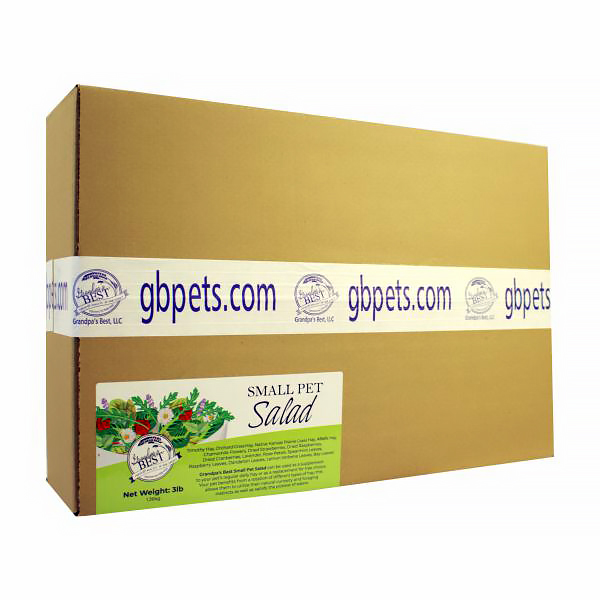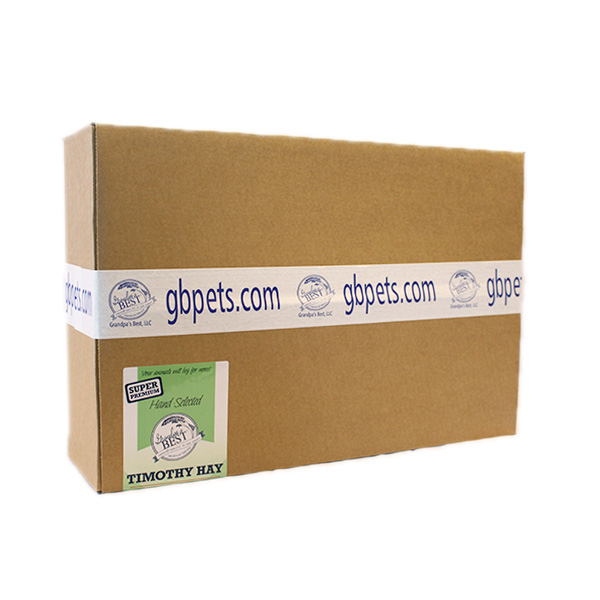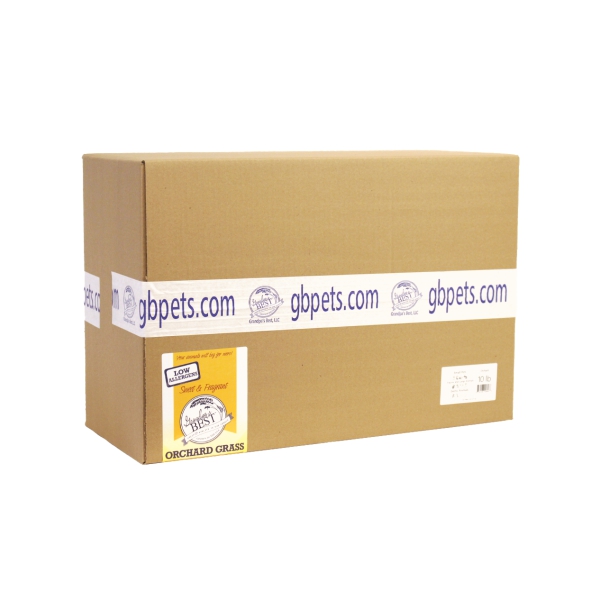As a company dedicated to providing high-quality hay for small herbivores like rabbits, guinea pigs, and chinchillas, we understand the importance of offering a variety of hay types to meet the nutritional needs of your beloved pets. One popular choice among pet owners is alfalfa hay, known for its rich nutrient content and numerous health benefits. In this blog, we’ll explore the advantages of incorporating alfalfa hay into your small pet’s diet.
What is Alfalfa Hay?
Alfalfa hay is a legume hay that is harvested from the alfalfa plant. Unlike grass hays such as Timothy or Orchard, alfalfa is higher in protein, calcium, and calories. It has a distinctive green color and a pleasant aroma, making it appealing to many small herbivores.
Nutritional Benefits of Alfalfa Hay
- High Protein Content
Alfalfa hay contains significantly more protein compared to grass hays. This is especially beneficial for young, growing animals, pregnant or lactating females, and pets recovering from illness or malnutrition. Protein is essential for growth, muscle development, and overall health. - Rich in Calcium
Alfalfa hay is an excellent source of calcium, which is crucial for bone health and proper functioning of the nervous and muscular systems. For young rabbits and guinea pigs, this high calcium content supports the development of strong bones and teeth. - Energy Dense
Due to its higher calorie content, alfalfa hay provides more energy than other types of hay. This can be advantageous for pets that require more energy, such as growing animals or those with higher activity levels.
When to Feed Alfalfa Hay
While alfalfa hay offers numerous benefits, it should be fed in moderation and at specific life stages due to its rich nutrient profile. Here are some guidelines on when to include alfalfa hay in your pet’s diet:
- Young Animals
For baby rabbits, guinea pigs, and chinchillas, alfalfa hay is an ideal choice. The high protein and calcium content support their rapid growth and development during the first few months of life. - Pregnant or Lactating Females
Female rabbits and guinea pigs that are pregnant or nursing benefit greatly from the extra nutrients provided by alfalfa hay. The additional protein and calcium help meet the increased nutritional demands of pregnancy and lactation. - Underweight or Malnourished Pets
Pets that are underweight or recovering from illness can gain essential nutrients and calories from alfalfa hay, aiding in their recovery and helping them regain strength.
Moderation is Key
For adult rabbits, guinea pigs, and chinchillas, alfalfa hay should be offered in moderation. Overconsumption can lead to obesity and other health issues due to its high calorie and calcium content. Instead, grass hays like Timothy and Orchard should form the bulk of their diet, with alfalfa hay given as an occasional treat or supplement.
How to Introduce Alfalfa Hay
When introducing alfalfa hay to your pet’s diet, it’s important to do so gradually to avoid digestive upset. Start by mixing a small amount of alfalfa hay with their regular hay and slowly increase the proportion over time. Monitor your pet’s health and behavior and consult your veterinarian if you have any concerns.
Alfalfa hay is a nutrient-rich option that can provide significant benefits for young, pregnant, or undernourished small pets. By incorporating it into your pet’s diet at appropriate life stages and in moderation, you can help ensure they receive the essential nutrients they need for optimal health and well-being. As always, balance is key, and a varied diet that includes a mix of different hay types will contribute to a happy and healthy life for your beloved furry friends.
For more information on the best hay choices for your small herbivores, visit our website or contact us directly. We are committed to helping you provide the best care for your pets!
Note: Always consult with a veterinarian before making significant changes to your pet’s diet, especially if they have specific health conditions or dietary needs.
